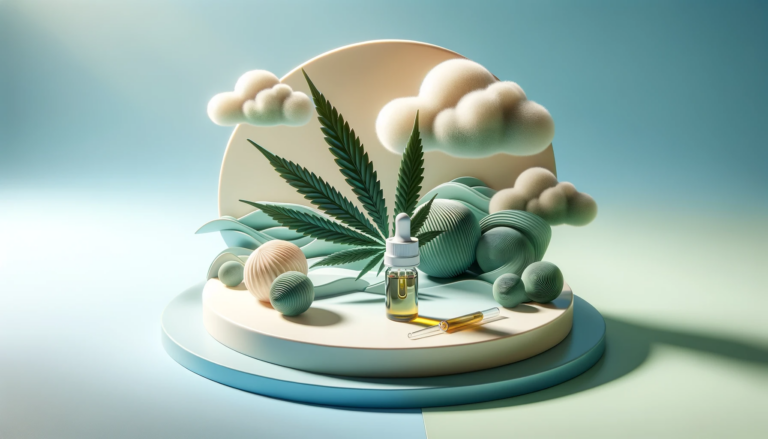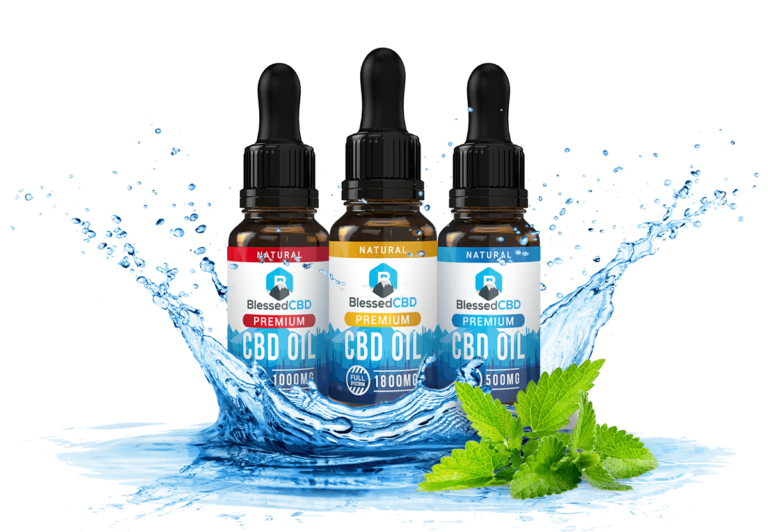Often confused with marijuana cannabis plants, hemp plants are a different species of cannabis plant containing a lot of CBD and very little THC – the psychoactive component that gets people “high” and causes failed drug tests. CBD from hemp plants does not produce the psychoactive effects that medical marijuana with high levels of THC (tetrahydrocannabinol) produces.
Anecdotal reports can be found all over the internet about users’ experiences taking CBD. Still, CBD has not been proven conclusively to provide any medical relief outside of US Food and Drug Administration-approved drug Epidiolex. However, much research has been done into how CBD interacts with endocannabinoid receptors in the body thought to regulate pain, sleep, appetite and immunity.
Yet, despite rumours of potential benefits and the growing demand for CBD products across the UK, the number one question on people’s minds when considering CBD is: does CBD get you high?
This guide will take an in-depth look into how CBD works and why the wildly popular hemp-derived cannabinoid won’t get you high but may have you feeling at your best. To understand why the answer is no when asking, “does CBD get your high?” you’ll need to understand where it comes from and why hemp is the popular choice. Hemp is the top choice for sourcing pure CBD isolate, broad-spectrum, and full-spectrum CBD oil. The primary reason is that hemp contains an abundant amount of CBD (cannabidiol) and meagre amounts of THC. This makes it easier to use extraction methods to isolate CBD from hemp plants while avoiding or removing THC. Furthermore, hemp plants can be grown on an industrial scale much faster and with a greater yield than marijuana plants. In addition, they require less water and land to grow, making them more efficient and eco-friendly to cultivate. With the added benefit of not needing specific light cycles or high humidity levels like marijuana plants, hemp is easier to grow both indoors and out. This makes it a more versatile option for CBD extraction. Additionally, hemp plants contain a host of cannabinoids such as CBG (cannabigerol) and CBC (cannabichromene). Hemp plants also contain tons of healthy omega-3 and omega-6 fatty acids, terpenes, flavonoids, and other nutrients. These additional cannabinoids combined with terpenes and flavonoids are believed to work together in the body to create the entourage effect. This phenomenon is thought to happen when the cannabinoids and other compounds in the plant work together to produce a more significant impact than any one of them could on their own. Finally, the biggest reason for hemp use is because that is what UK law dictates. As per the Misuse of Drugs Act 1971, it is illegal to cultivate marijuana in the UK, so CBD vendors and manufacturers must source their CBD from hemp. The ECS (endocannabinoid system) is a vast network of receptors throughout the body. These receptors are activated by cannabinoids produced by our bodies (endocannabinoids) and cannabinoids from plants (phytocannabinoids). When consuming THC-rich marijuana plants, the THC binds to CB1 receptors located in the brain. This produces the psychoactive effects people experience when they get “high” from smoking weed. CBD, on the other hand, does not bind directly to CB1 receptors. Instead, it binds to a receptor called the serotonin receptor 5-HT1A. This receptor is known to regulate anxiety, pain perception, and nausea. In addition, CBD also inhibits the enzyme FAAH (fatty acid amide hydrolase), which breaks down endocannabinoids such as anandamide. Anandamide is one of the body’s most important endocannabinoids. It plays a role in regulating pain, mood, memory, fertility, and more. By inhibiting the enzyme that breaks down anandamide, CBD allows this endocannabinoid to stay in the body longer and have a greater impact on the ECS. In short, CBD does not directly bind to CB1 receptors like THC does. Instead, it interacts with the ECS in other ways to support various functions in the body. It is believed by those who take CBD that these interactions are what allow them to experience various supplemental wellness benefits. Even with the significant advances that cannabis culture has made in recent years, there is still a lot of misinformation out there regarding how CBD and THC work. A common misconception is that CBD will produce the same psychoactive effects as THC. This is simply not true. As studies have noted, CBD does not bind to CB1 receptors like THC does. Therefore, it cannot produce the same psychoactive “high” that THC does. So why do people think CBD will get them high? There are a few reasons. The first reason is that many confuse the terms CBD and THC. While they are both cannabinoids found in the cannabis plant, they are very different compounds with very different effects. The second reason is that some assume that all cannabinoids produce psychoactive effects. This is not the case. There are many non-psychoactive cannabinoids found in the cannabis plant, such as CBD, CBG (cannabigerol) and CBC (cannabichromene). The third reason is that some CBD products contain trace amounts of THC. However, these levels are so low (usually less than 1mg per product) that they are not enough to produce psychoactive effects. In fact, the majority of CBD products on the market today are completely THC-free. In short, people think CBD will get them high because they confuse it with THC or assume that all cannabis plants are identical. However, this is simply not true. CBD does not produce psychoactive effects and will not get you high. Like any supplement taken to support wellness, CBD works differently for everyone. Factors such as weight, metabolism, age and the reason for taking CBD can all affect how it makes you feel. For supplements, including MHRA-approved CBD products, the specific feeling can be harder to gauge. For example, if you are taking a full-spectrum CBD oil you might find that the natural compounds in the oil trigger CB2 receptors that modulate several internal processes. If you are taking a CBD isolate, on the other hand, you may find that the pure CBD molecule isn’t triggering any receptors but is instead interacting with the ECS in other ways. This can result in a feeling of balance or homeostasis – often described as simply feeling good. It’s also important to note that CBD is not a miracle cure-all and will not produce instantaneous results. Like any supplement, it can take time for your body to adjust to any form of CBD. And because CBD isn’t inherently psychoactive in a way that would impair cognitive function, you may not even notice any difference after taking it – though that doesn’t mean it isn’t still interacting with your body to produce your desired health and wellness goals. In short, taking CBD is different for everyone. Some people may feel different, and some may not. So, the best way to find out how CBD makes you feel is to simply try it yourself. Pro Tip: It is always recommended to start with a low CBD dosage and increase gradually as needed to find what works best for you. CBD supplements are taken for a variety of reasons. While those reasons are still being researched for their efficacy, there are some documented side effects that have been reported. The most common side effects of CBD include: These side effects are typically mild and go away on their own. However, if they persist, it is always recommended to speak with a healthcare professional. CBD side effects can sometimes result from mixing medications, and your doctor may be able to determine if your side effects are the cause of irregular liver enzyme production – a common issue when taking CBD with prescription medications. For those still not convinced that CBD won’t get you high, it might help to understand how CBD is made. CBD products in the UK are made from Cannabis sativa L plants – otherwise known as hemp. The best hemp plants are organically grown and contain high concentrations of CBD and low concentrations of THC. When hemp plants mature, they are harvested, and the CBD is extracted from the plant. This can be done through many methods, but a CO2 extraction method is the most common. In CO2 extraction, pressurized carbon dioxide pulls the CBD from the hemp plant. The advantage of this method is that it doesn’t require the use of harsh chemicals or solvents – artificial compounds that could impair cognitive function if taken in high doses. CO2 extraction also has the benefit of filtering out the majority of THC from the final product – ensuring that the CBD product will not get you high. When making THC-free broad-spectrum CBD oil tinctures, lotions, capsules and edibles, CBD extracts undergo an additional filtration process that removes all traces of THC. This extra filtration step is what makes broad-spectrum products completely THC-free and, by extension, non-psychoactive. In many cases, CBD brands use methods to create CBD isolate. This is done by taking the CBD extract and further processing it to remove all cannabinoid, terpenes, and flavonoid molecules – leaving behind a 99%+ pure CBD that is non-psychoactive. This CBD isolate can then be used to make products that are guaranteed to not get you high, as there are no other molecules present that could interact with the body’s endocannabinoid system and trigger a psychoactive response from CB1 receptors. So, with the many filtration processes that exist to filter out THC to the point where there are no psychoactive properties present, it is safe to say that CBD will not get you high. Pro Tip: Request and read third-party lab reports (COA) that detail the cannabinoid and terpene profile of the CBD product you’re interested in. This will give you an idea of what other molecules are present and in what concentrations – allowing you to make an informed decision on whether or not a particular product is right for you. So, does CBD get you high? No. In fact, millions of people take CBD products to supplement daily wellness routines without ever feeling the uncomfortable psychoactive high that comes with consuming THC. With the ability to use it day or night and mix it with other products, CBD has become a popular choice for people looking for a more natural way to meet their wellness goals. Consider purchasing a quality CBD product from a reputable seller, and you too can experience the joy of not being high while pursuing a better quality of life. 1. How Opioid Drugs Activate Receptors, https://www.nih.gov/news-events/nih-research-matters/how-opioid-drugs-activate-receptors#:~:text=Opioids%2520work%2520by%2520activating%2520opioid,same%2520way%2520with%2520opioid%2520receptors 2. Anandamide, https://www.sciencedirect.com/topics/neuroscience/anandamide
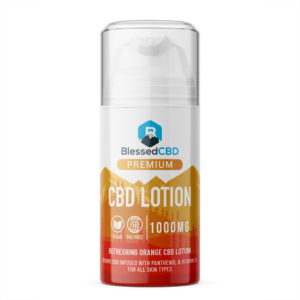
1000mg CBD Lotion
£59.95 – £139.95
Select options
This product has multiple variants. The options may be chosen on the product page
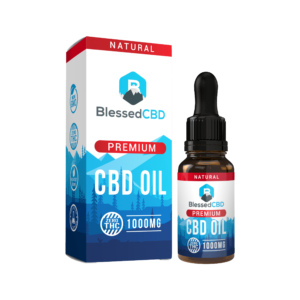
1000mg CBD Oil
£69.95 – £339.95
Select options
This product has multiple variants. The options may be chosen on the product page
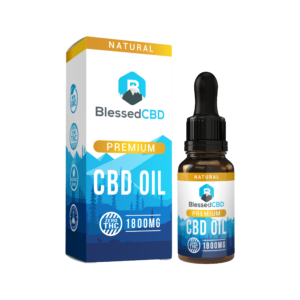
1800mg CBD Oil
£119.95 – £599.95
Select options
This product has multiple variants. The options may be chosen on the product page
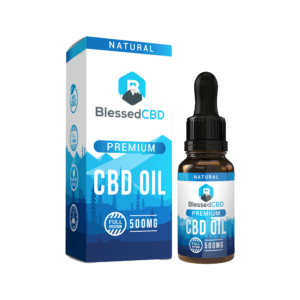
500mg CBD Oil (Full Spectrum)
£44.95 – £229.95
Select options
This product has multiple variants. The options may be chosen on the product page
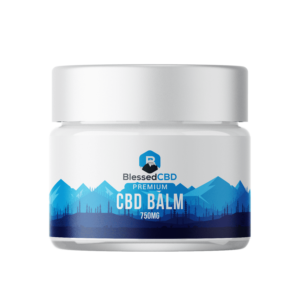
750mg CBD Balm
£54.95 – £134.95
Select options
This product has multiple variants. The options may be chosen on the product page
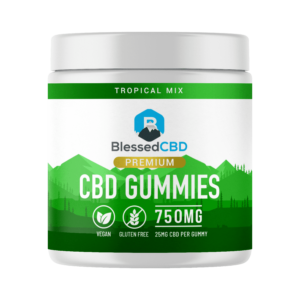
750mg CBD Gummies
£64.95 – £114.95
Select options
This product has multiple variants. The options may be chosen on the product page
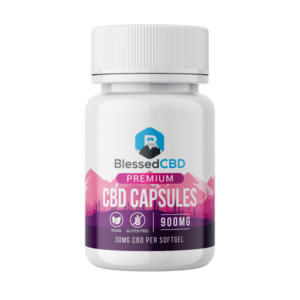
900mg CBD Capsules
£59.95 – £279.95
Select options
This product has multiple variants. The options may be chosen on the product page
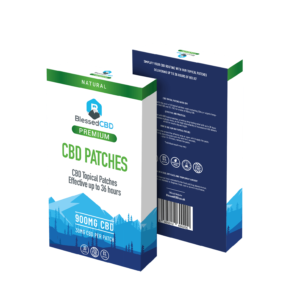
900mg CBD Patches
£44.95 – £124.95
Select options
This product has multiple variants. The options may be chosen on the product page
Why Hemp for CBD?
What is the ECS, and How is it Affected by Cannabidiol?
Why Do People Think CBD Will Get You High?
What Does Taking CBD Feel Like?
CBD Isn’t Psychoactive, But Are There Side Effects?
The Process of Making CBD
Enjoy Being Not High With CBD
Shop our CBD products:
References
